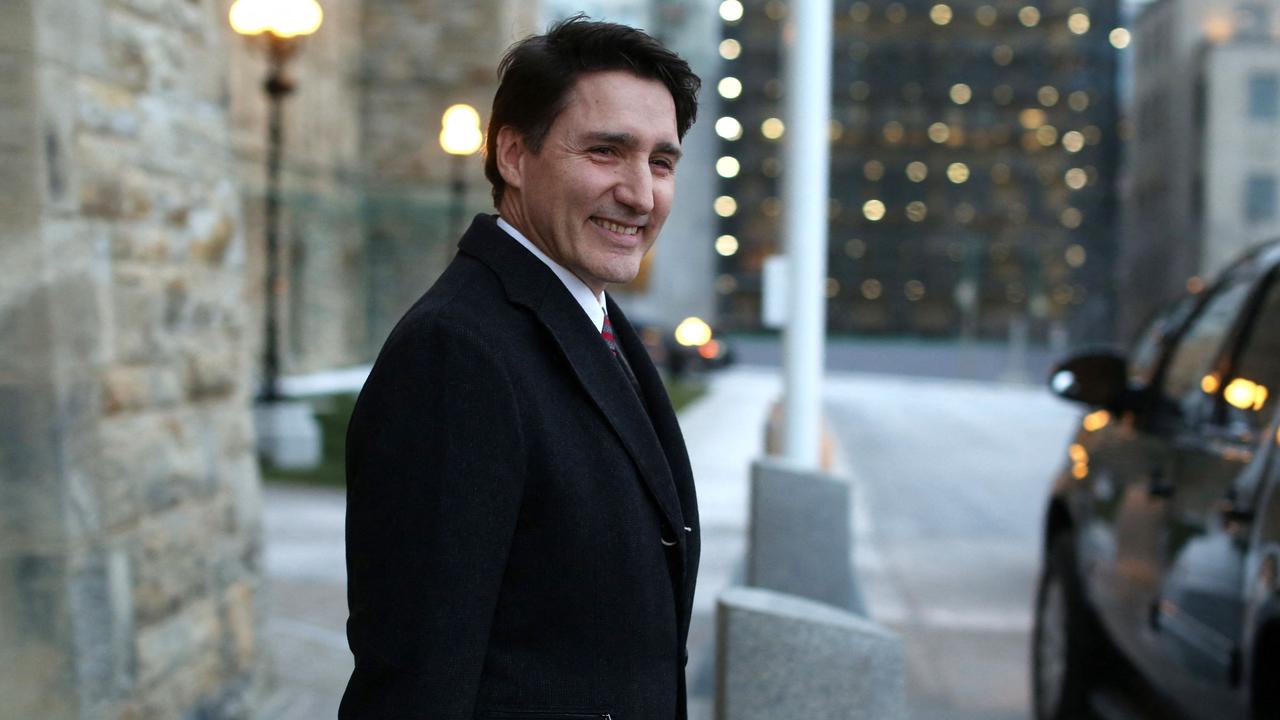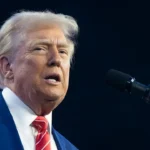Following the resignation of Canadian Prime Minister Justin Trudeau, Canada’s political landscape is entering a period of uncertainty. With the nation’s leadership in transition, questions arise about who will take over and how this change will affect the country’s future. This article examines possible scenarios following Trudeau’s departure and the potential candidates to succeed him.
Trudeau’s resignation follows years of political challenges, including controversies and a decline in public approval. His exit paves the way for a leadership race within the Liberal Party of Canada, with several prominent figures likely to compete for the prime minister position. The focus now shifts to who within the party will step up to the challenge, balancing governance demands with the Liberal Party’s core values.
Potential successors include notable figures such as Chrystia Freeland, the current Deputy Prime Minister, along with other members of the Liberal leadership team. As the next leader of the country takes office, they will need to address pressing issues like the economy, healthcare, climate change, and relations with both the US and other global powers. Moreover, the future of the Liberal Party, which has been a dominant force in Canadian politics for years, hangs in the balance.
Canadians are keen to see how this political shift will unfold, especially with upcoming elections on the horizon. With Trudeau stepping down, the country is entering a crucial chapter in its political history, and the new leader will play a significant role in determining the nation’s path forward.





